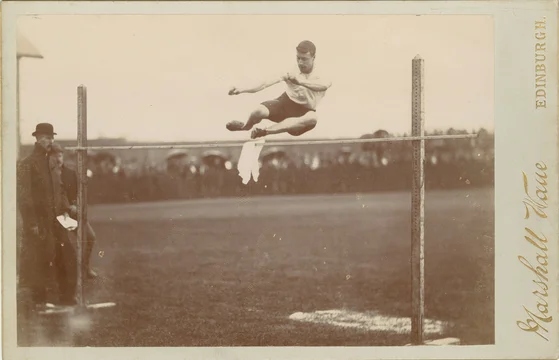
I always find that it can be helpful to see how judges rule on things, even if the rulings are kind of fact-specific, because it can still give you a sense of how they will rule on other things. (Thus, we have a blog.)
In Attentive Mobile Inc. v. Stodge, Inc., d/b/a Postscript, C.A. No. 23-87-CJB (D. Del. Jun. 12, 2025), Judge Burke addressed a Daubert motion to preclude a damages opinion that included revenue from non-infringing functionality in its royalty base, on the basis that it failed to apportion damages.
The patentee argued …








